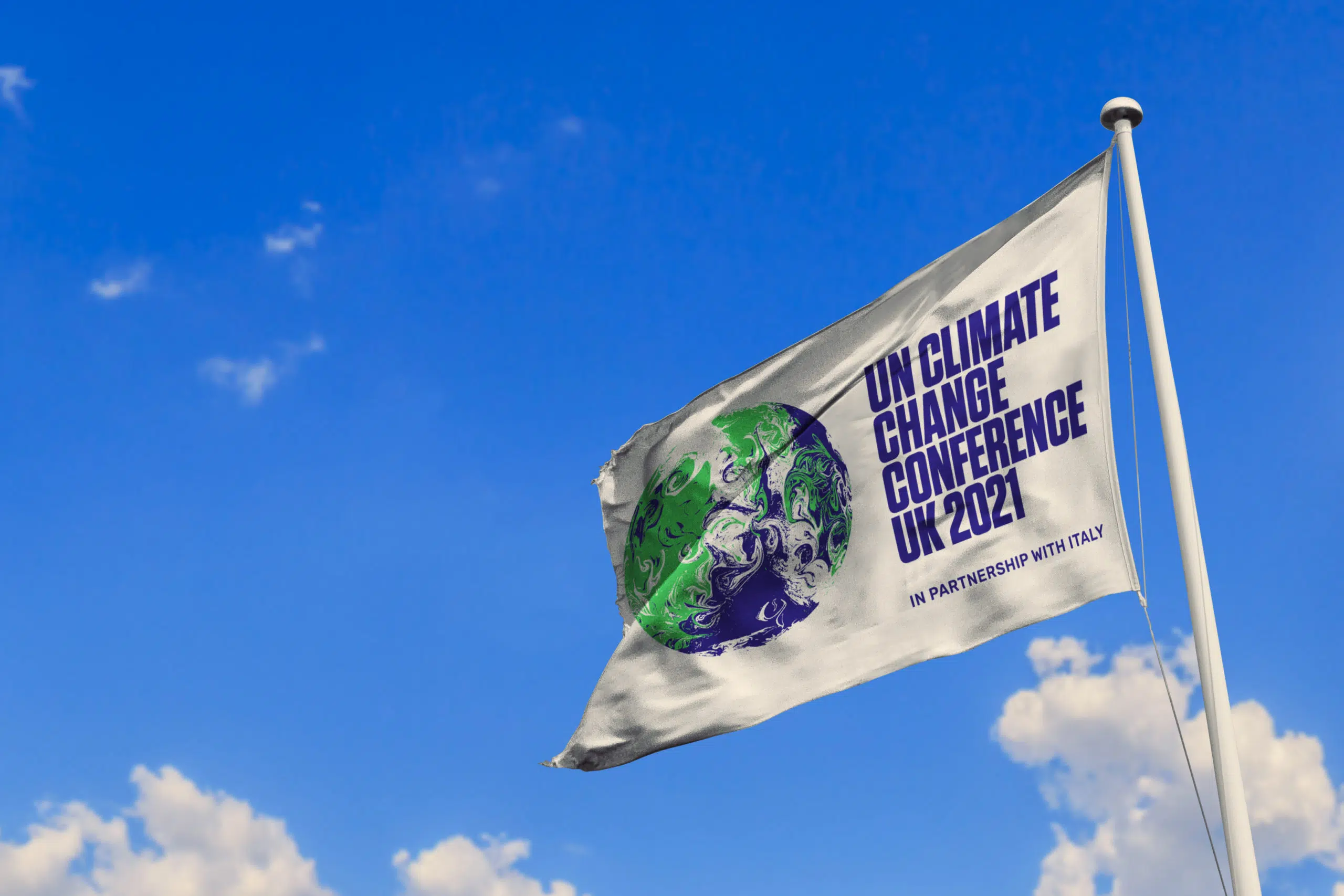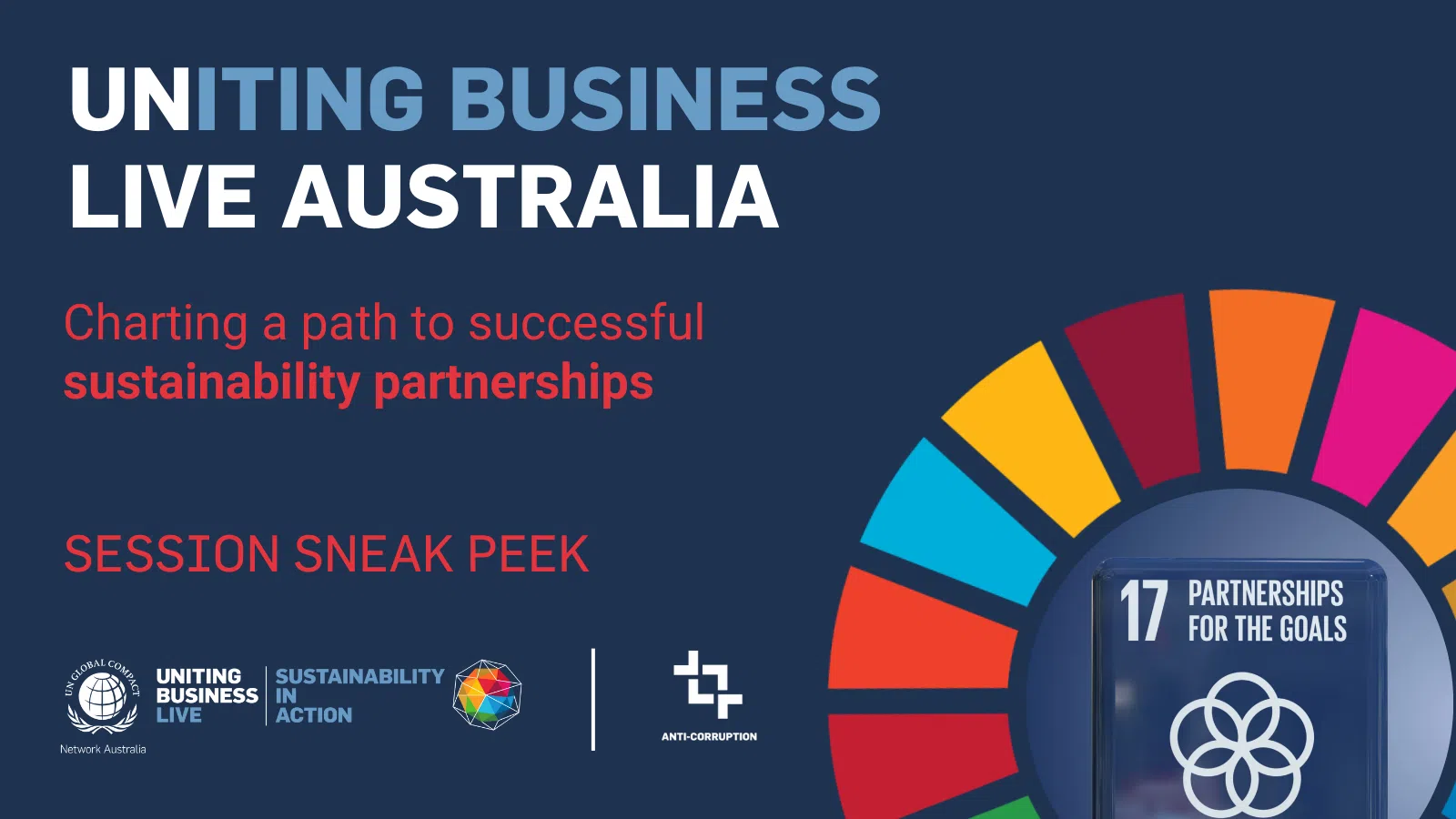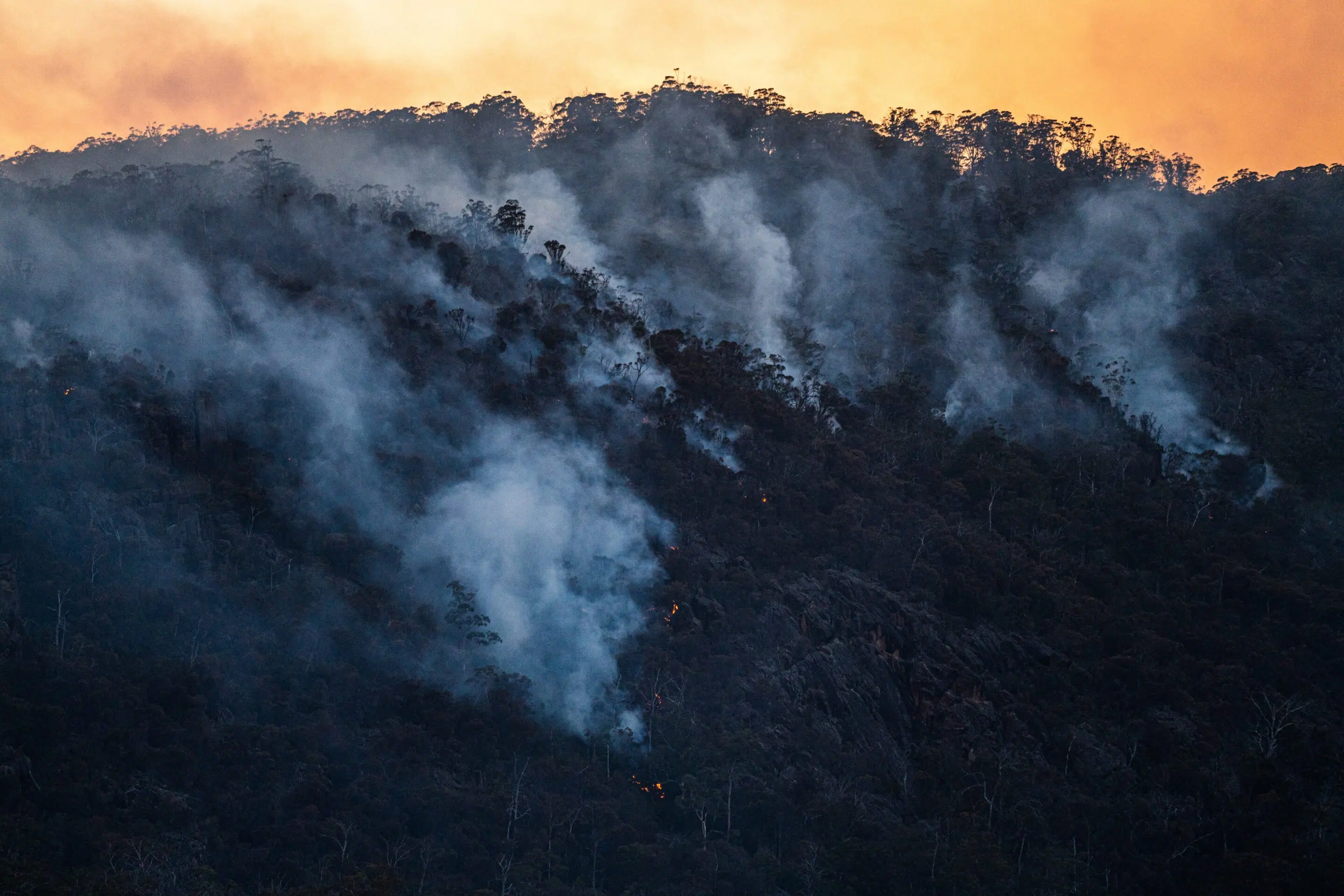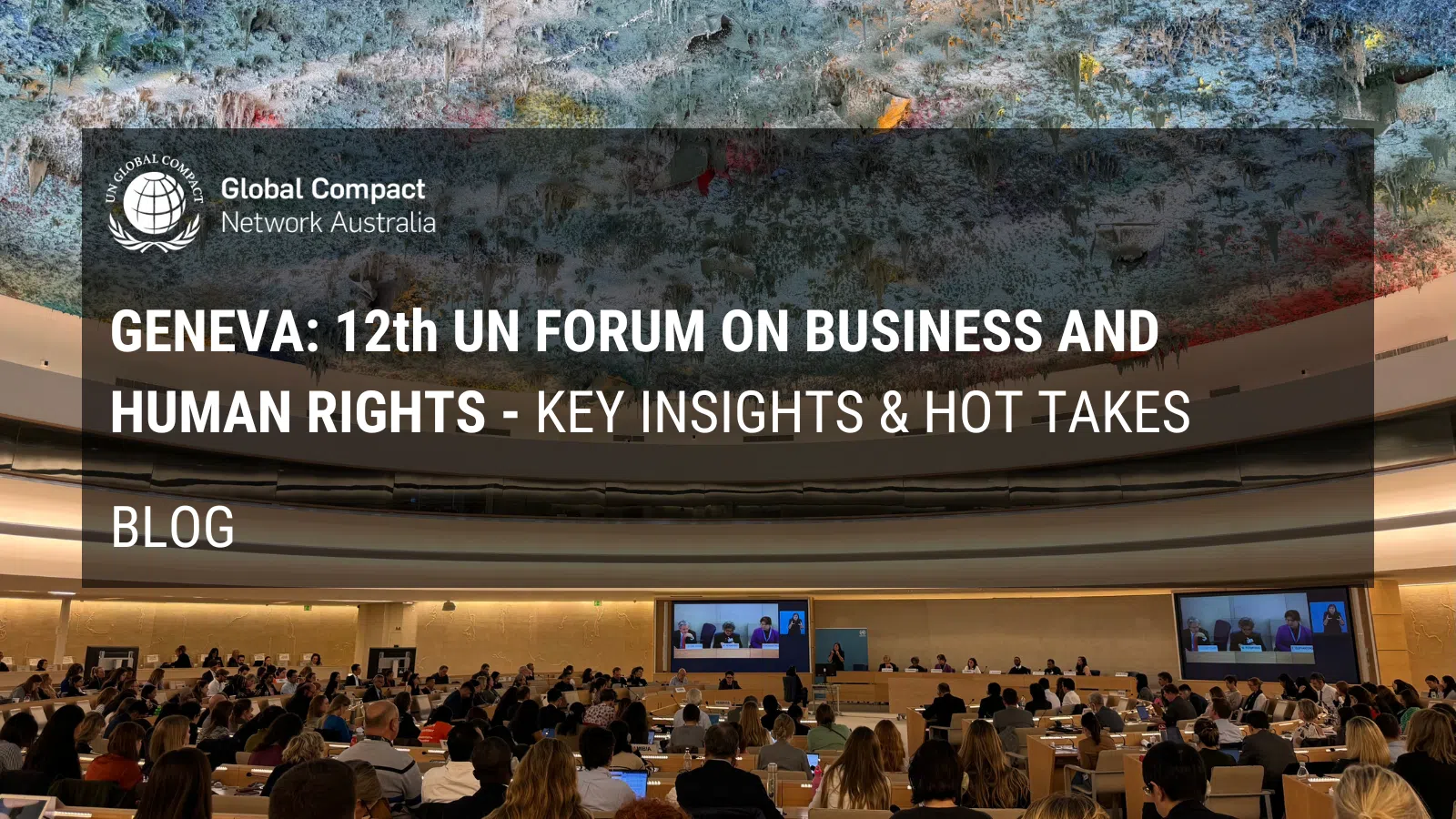
Blogs, Environment & Climate Change, Featured, News, Resources
BLOG | COP26: A brief insight into what businesses need to know
Corinne Schoch | November 9, 2021
We are mid-way through the 26th Conference of Parties (COP26) (Glasgow, 1-12 November) and all eyes are watching.
Whilst it is a good sign that Australia has committed to Net Zero, we expect international pressure on Australia to continue to mount and we urge the Australian envoy to continue to work to limit emissions to 1.5C.
Here are some of the highlights for businesses:
- Last week, U.N. Special Envoy for Climate Action and Finance and former Bank of England governor, Mark Carney, assembled the Glasgow Financial Alliance for Net Zero (GFANZ), where finance firms managing US$130 trillion of assets (these companies include, ANZ, IFM Investors and Macquarie Bank) are predicted to deliver up to US$100 trillion of financing over the next three decades to help economies transition to net zero.
- Mark Carney said, “we now have the essential plumbing in place to move climate change from the fringes of finance so that every financial decision takes climate change into account.”
- Whilst Mark Carney cited the IEA report by calling on financial institutions to phase out coal finance, the GFANZ has received criticism for not addressing the pink elephant in the room by climate campaigners. It is felt that net zero pledges must be met with fossil fuel divestment otherwise we risk missing the mark entirely. In short, financial institutions would need to stop funding coal, oil and gas companies.
- Last week also saw the IFRS Foundation launch the International Sustainability Standards Board (ISSB) which aims to develop a comprehensive, global baseline of sustainability disclosure standards that meet growing investor and capital market participants with information about companies’ sustainability-related risks and opportunities and “replace the patchwork of voluntary disclosure practices that have had mixed success.”
- Over 100 countries, including Australia, pledged to stop deforestation by the end of the decade.
- However, Australia, alongside China, Russia, India and Iran, refused to sign the Global Methane Pledge. The Pledge, signed by over 100 countries, was launched by the US and the European Union, commits countries to reduce their methane emissions by 30% by 2030. With methane being 84 times more powerful at warming the climate than CO2 over the short-term, it is expected that if these commitments are met it could have a significant, and quick, impact on climate change. Australia has been heavily criticised for refusing to sign the pledge, with Energy Minister, Angus Taylor, commenting that Australia’s net zero target does not include “setting sector specific targets, and we aren’t setting gas specific targets”.
- The Deforestation and Methane pledges did, however come under scrutiny, particularly by some emerging economies, including Indonesia, that have labelled the pledges as “inappropriate and unfair” and will likely be at odds with country development plans.
- Aligned with the Energy Minister’s views about sector specific targets, Australia, alongside other large coal producing countries like China, the US, India and South Africa, have not joined the coal-phase out agreement that was agreed at COP26. Climate action leaders, such as the UK and Germany, have made the commitment to phase out coal by 2030 and to assist developing nations with phases out coal in the 2040s.
- And lastly, because I am a major fan, David Attenborough addressed world leaders where he said, “if working apart, we are a force powerful enough to destabilise our planet. Surely working together, we are powerful enough to save it.”
Getting to Net Zero is not just about decarbonising entire economies. It is also about supporting a fair and planned transition in a way that creates jobs, grows a stronger and more resilient economy and ensures that none are left behind.
Through our environment and climate change programming, we are going to continue to deliver on activities, such as the Science Based Target initiative, and strengthen our commitment to working with our participants on the path to decarbonisation.



